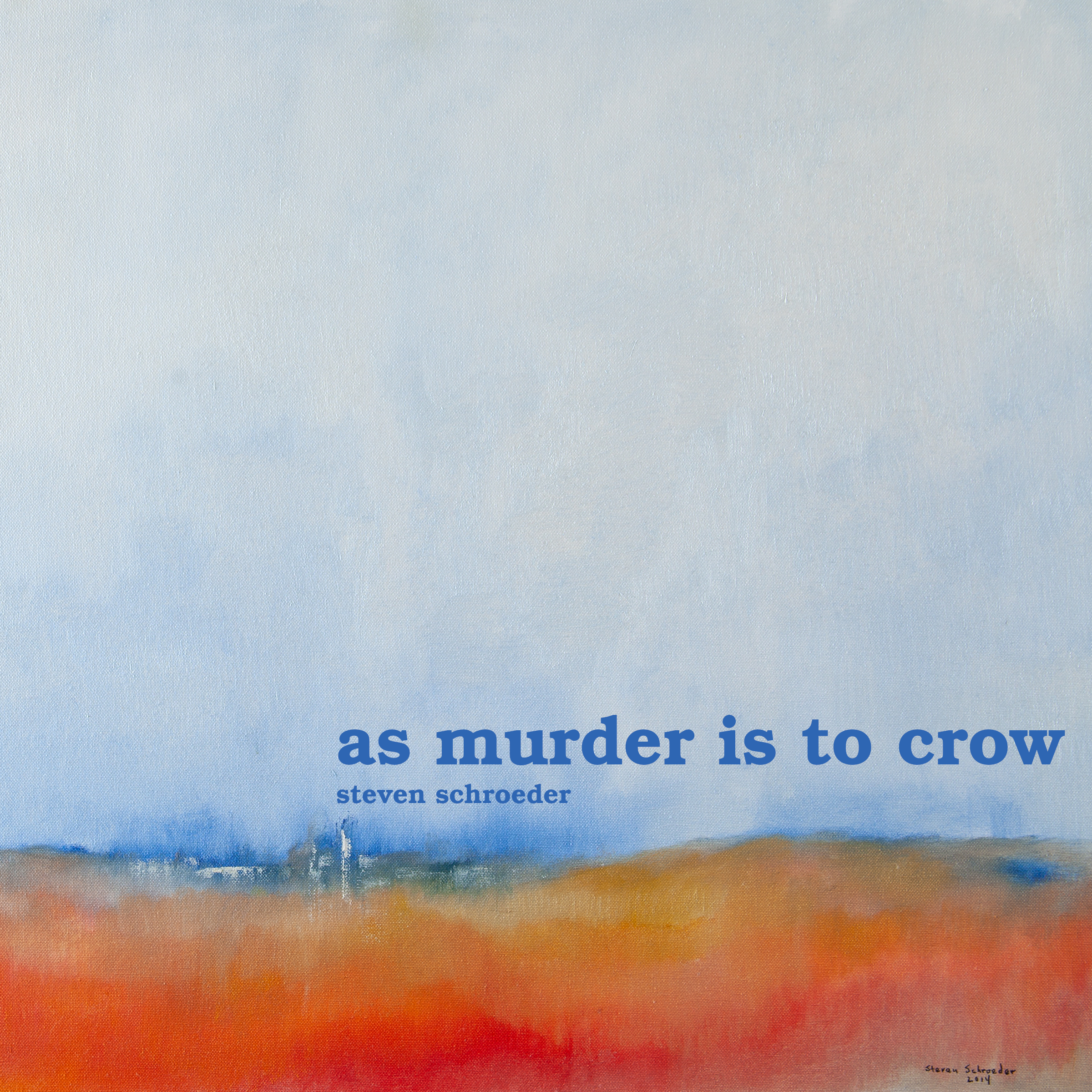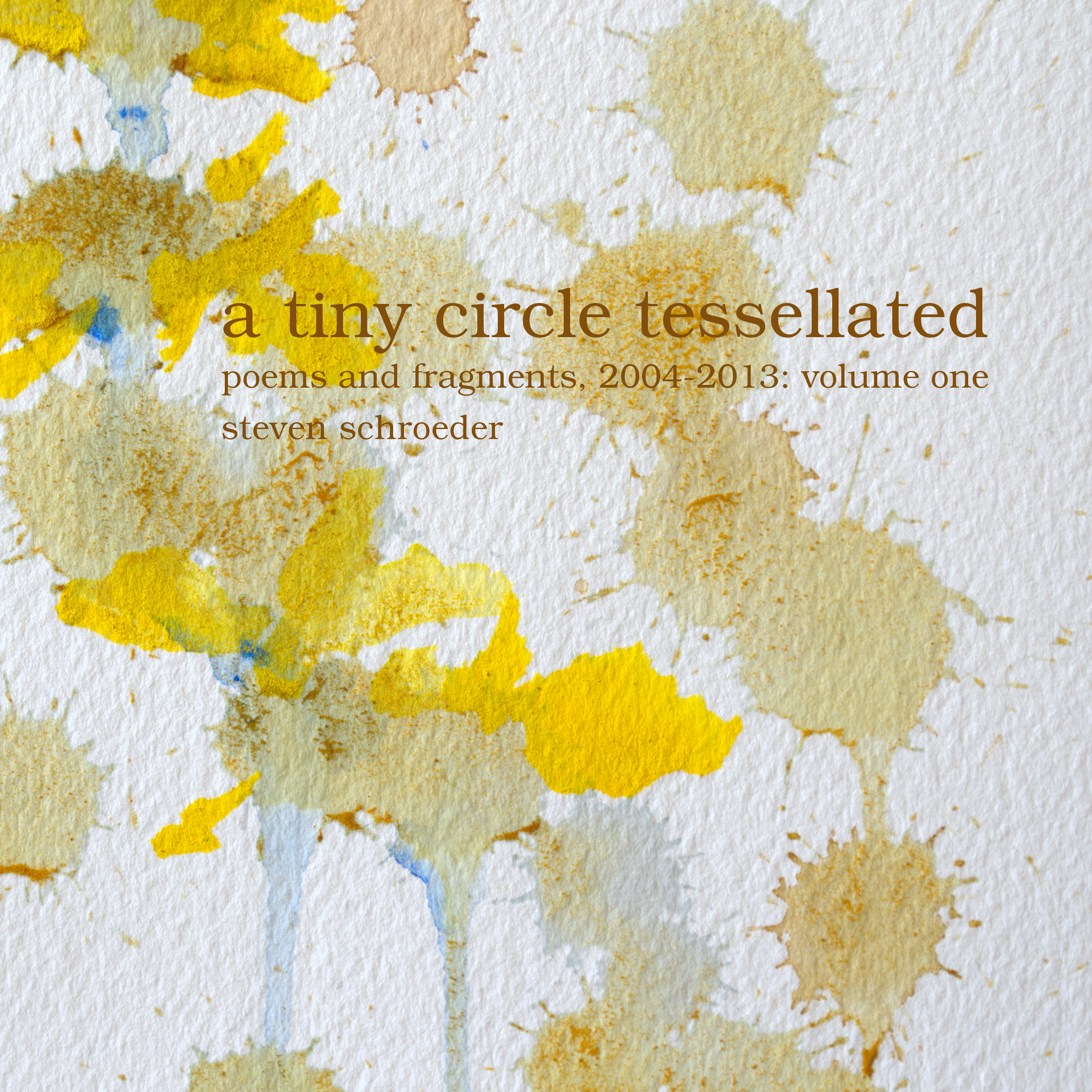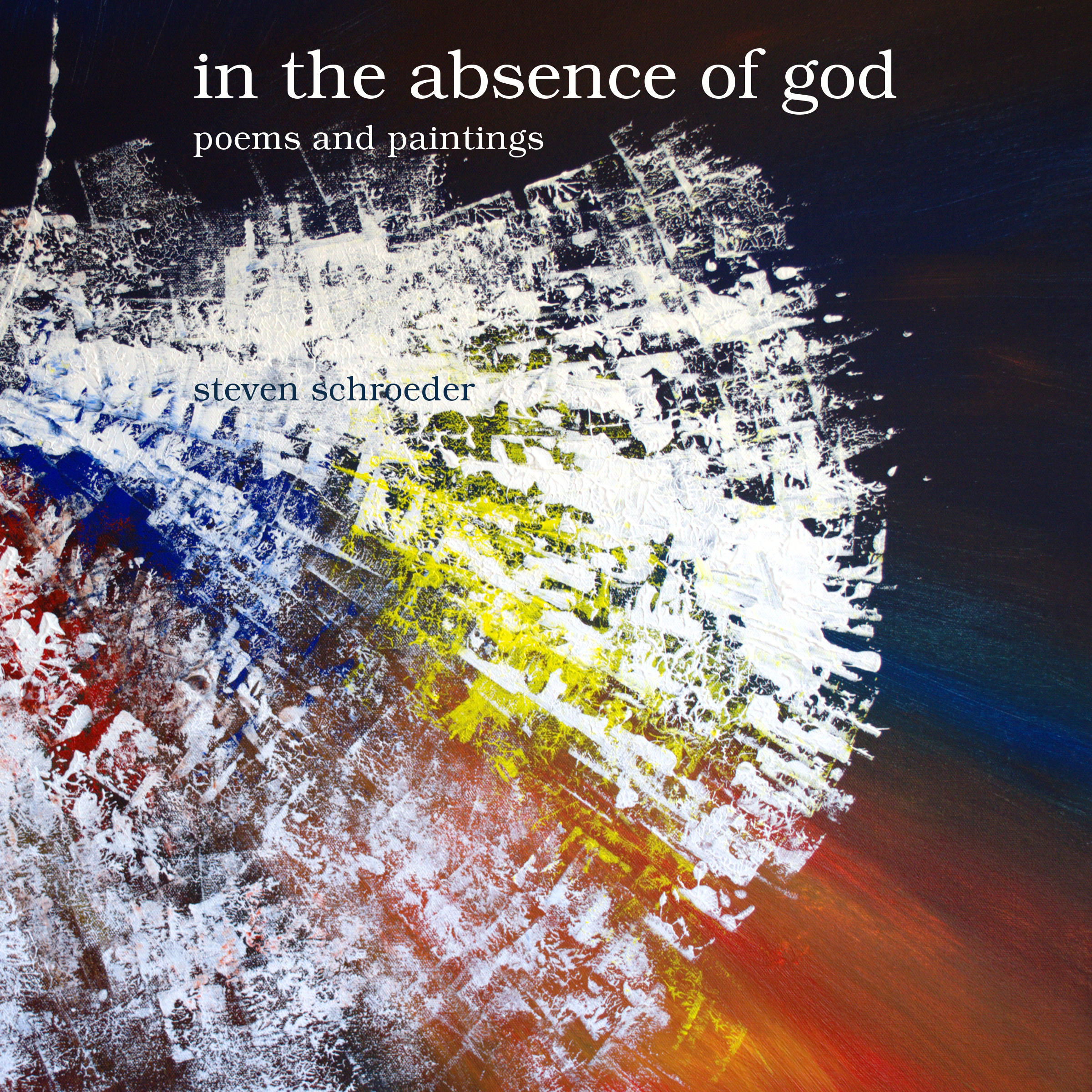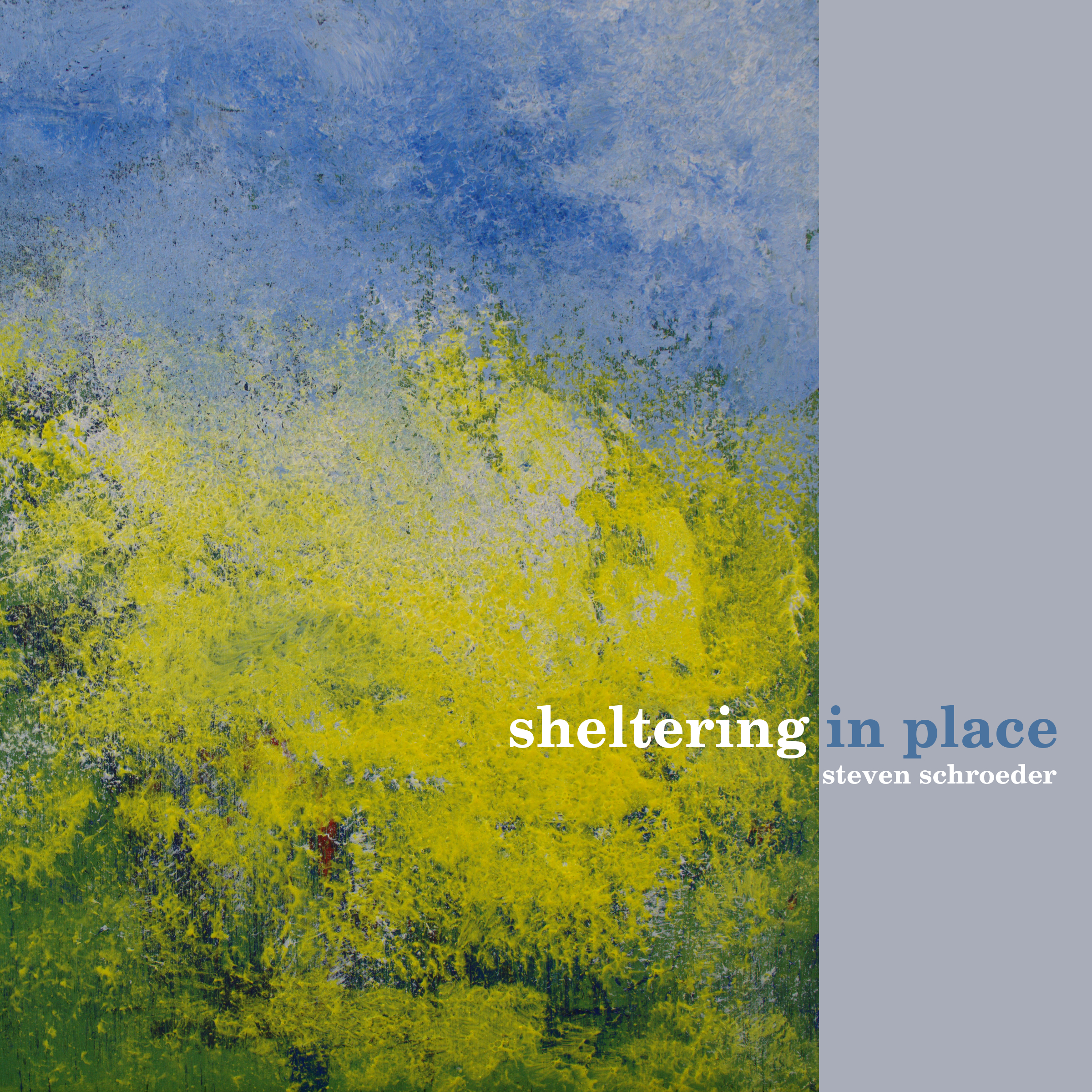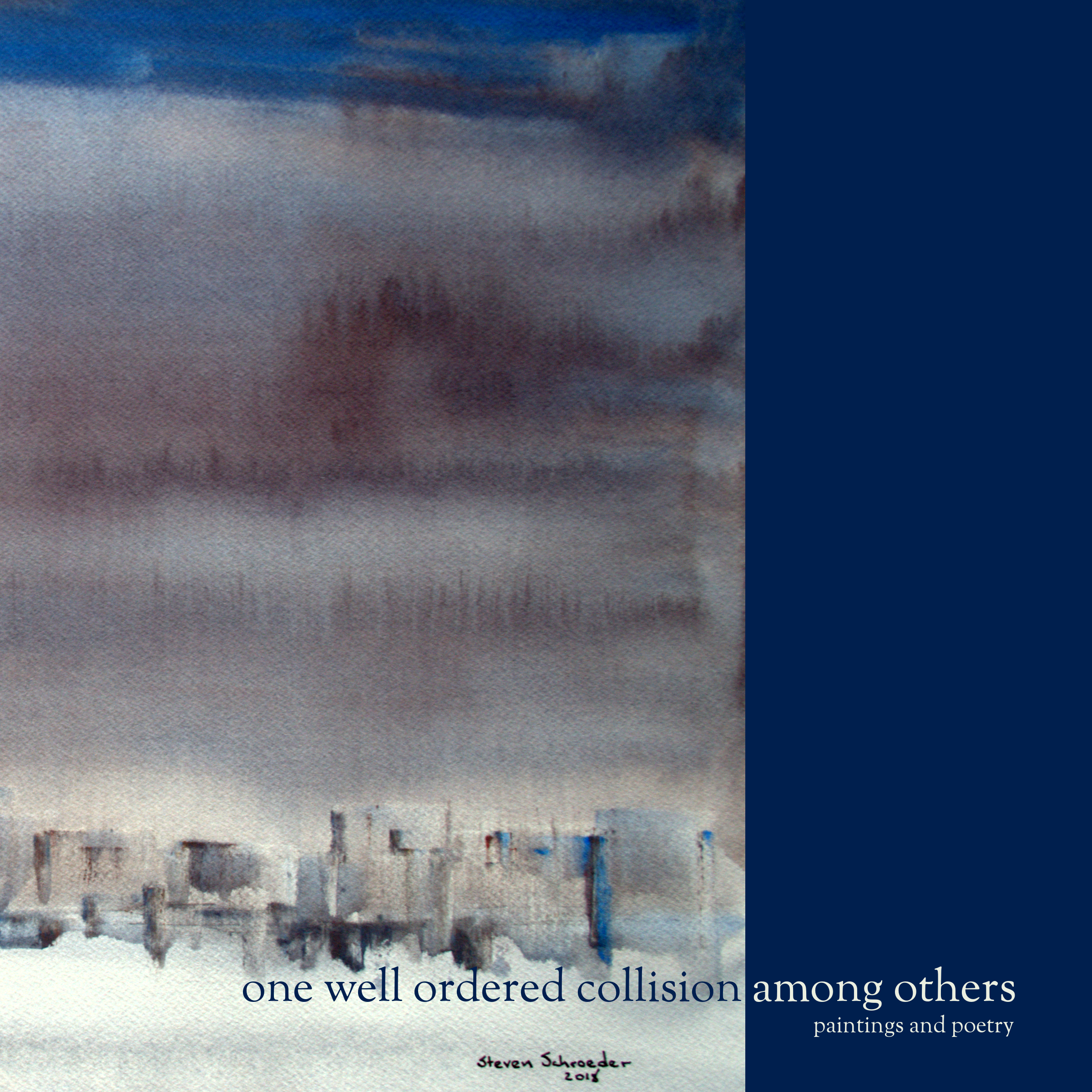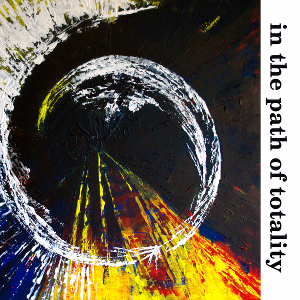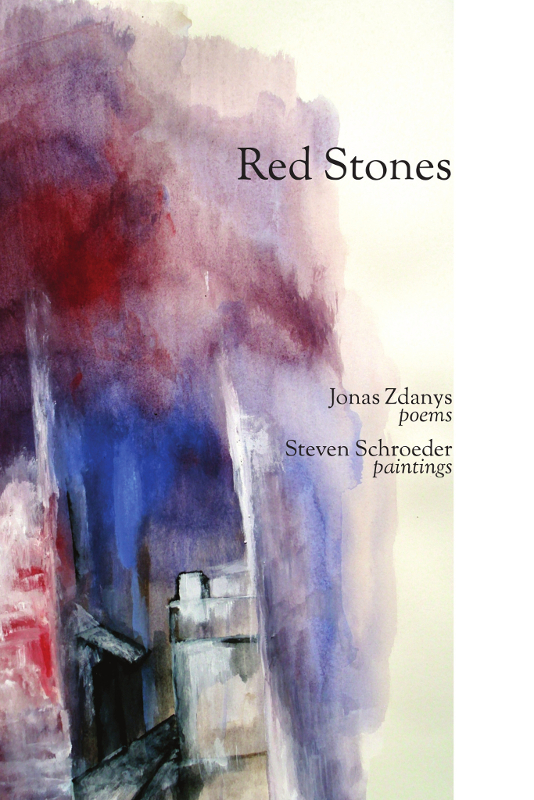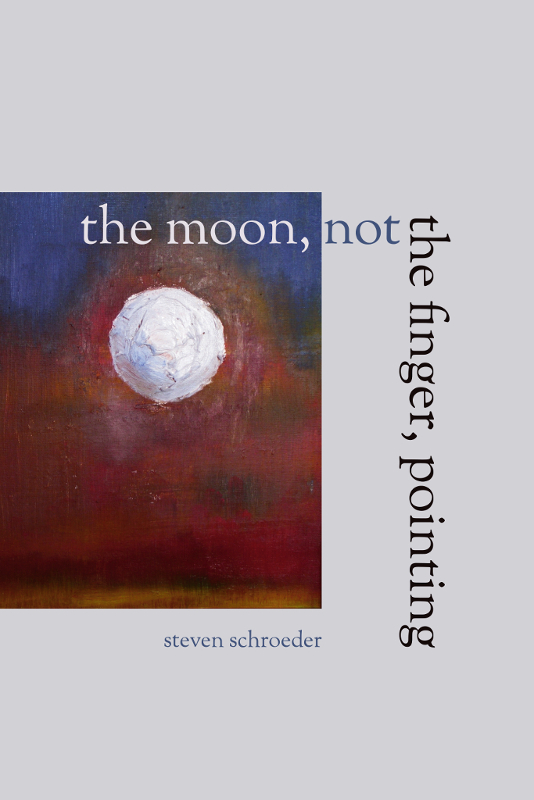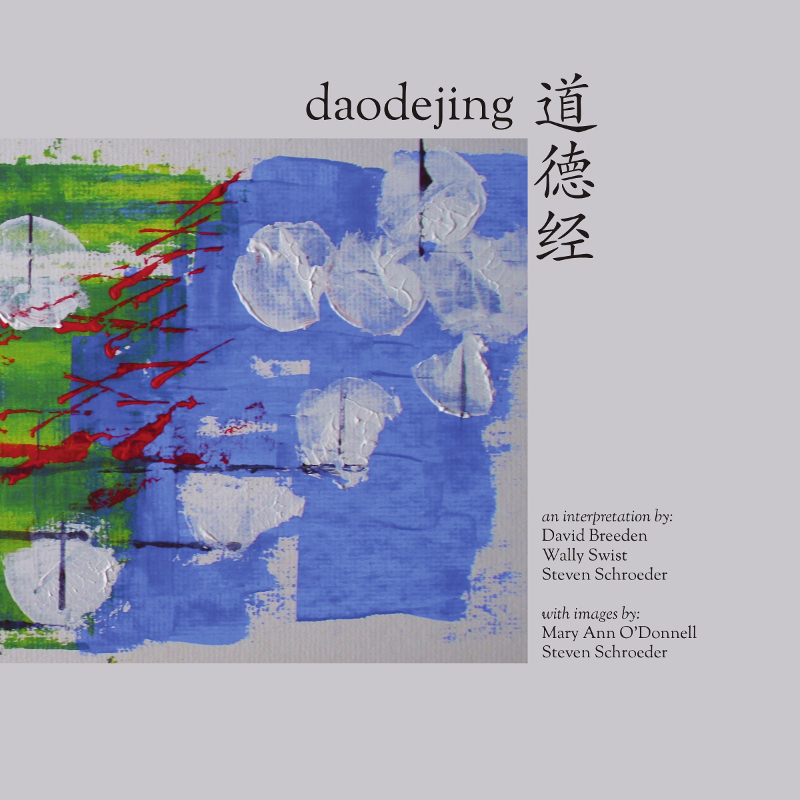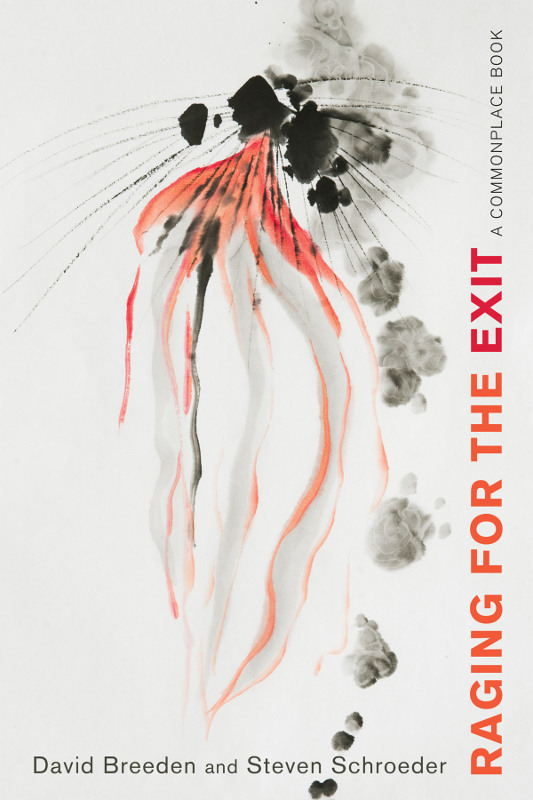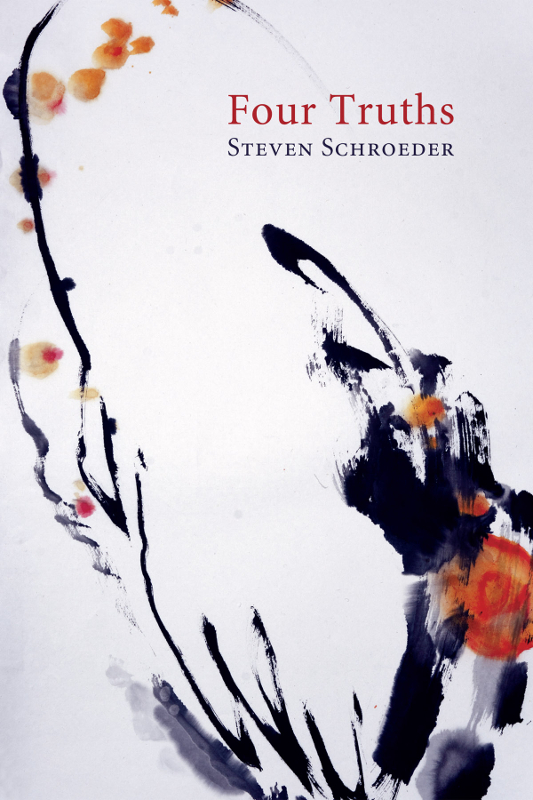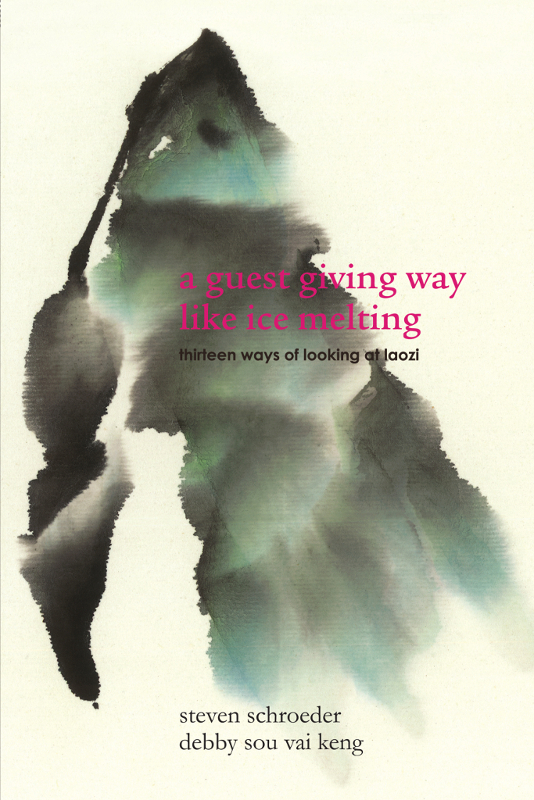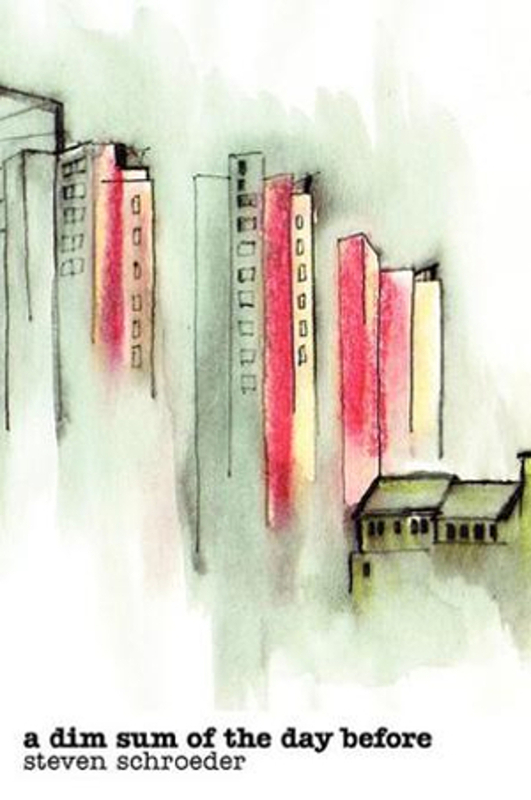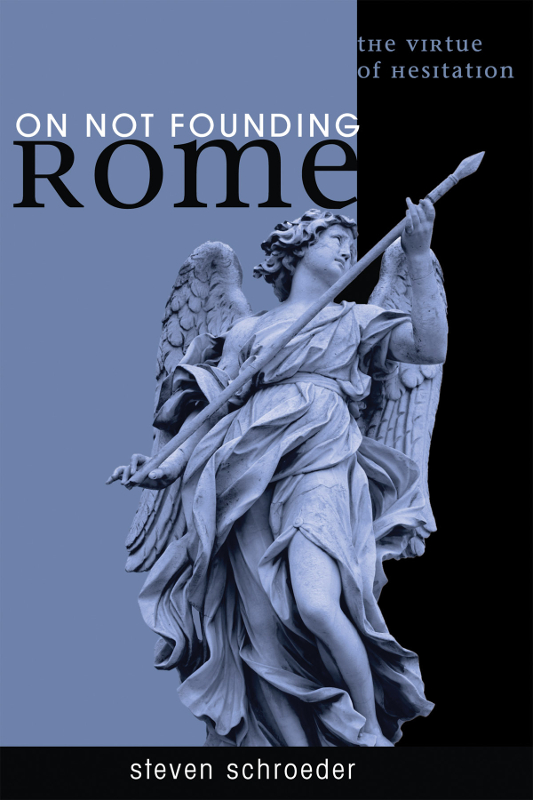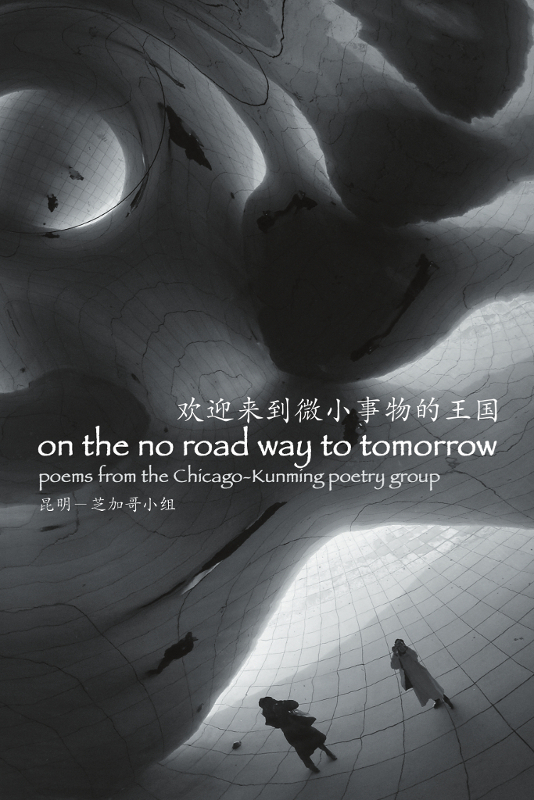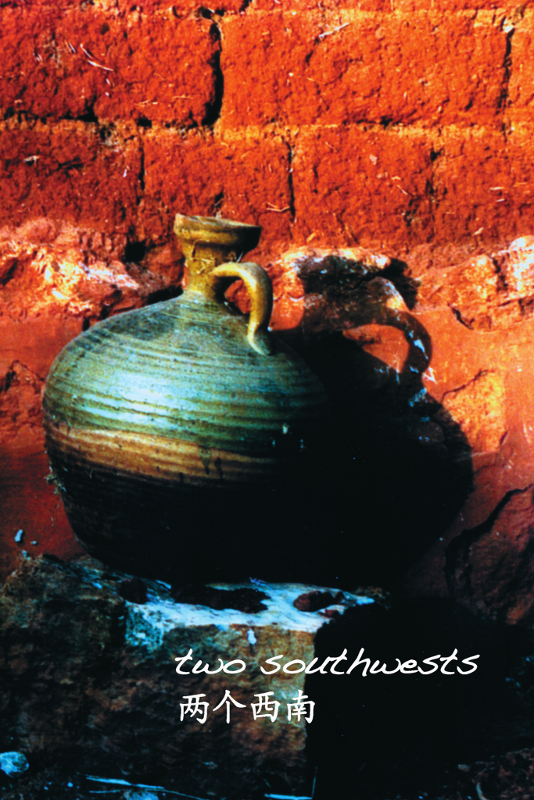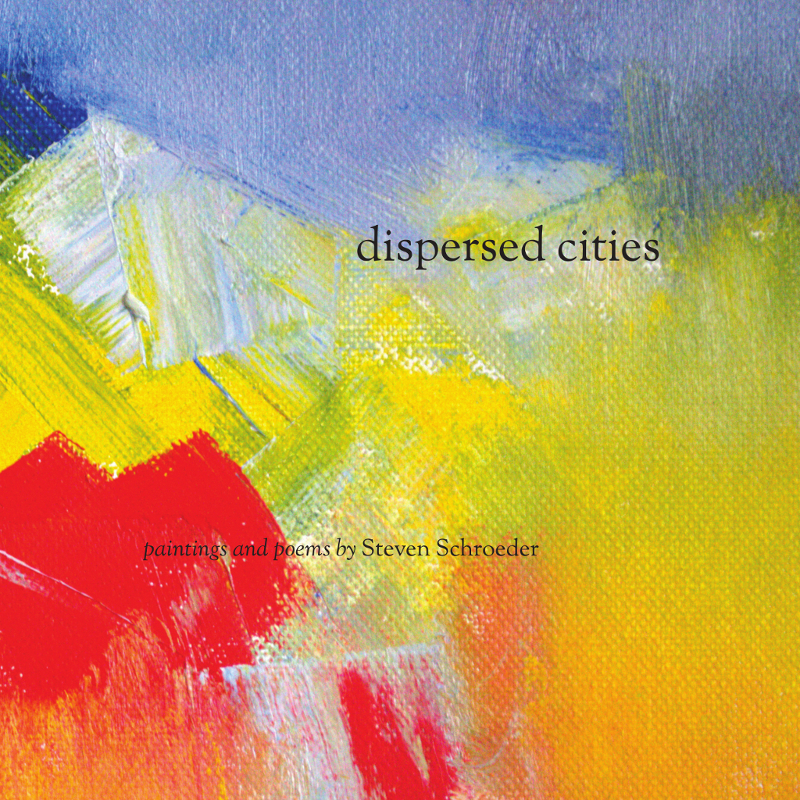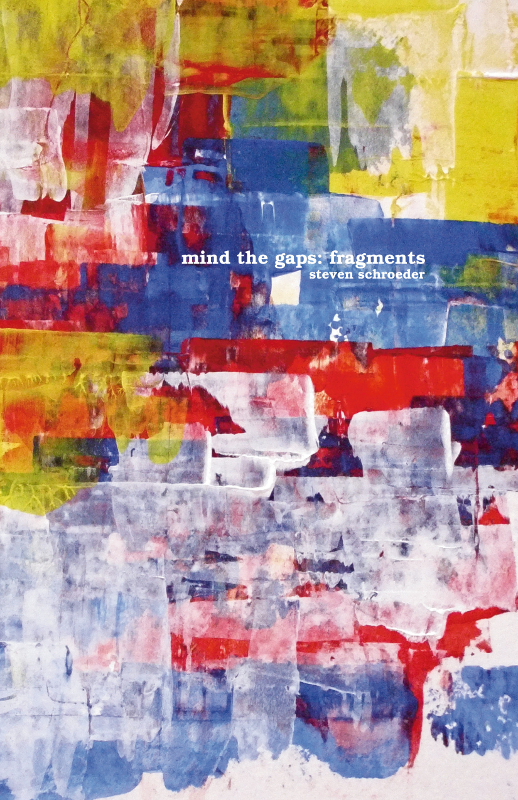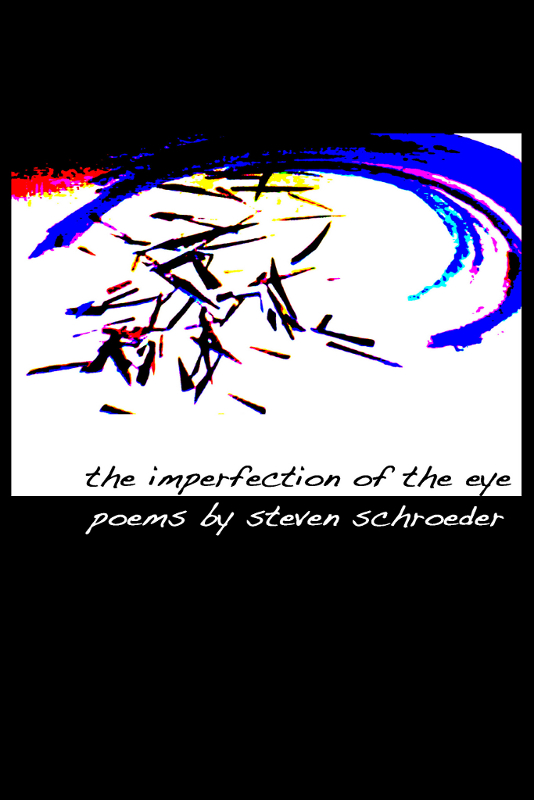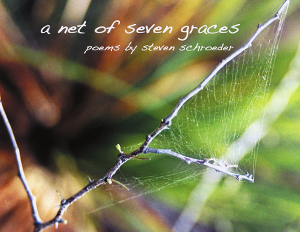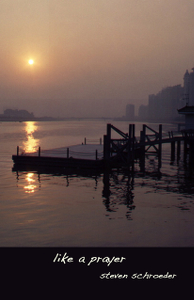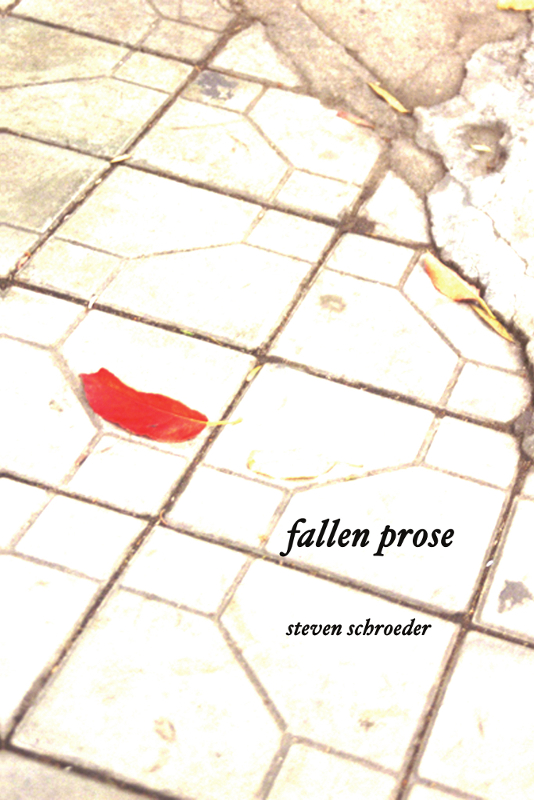Steven Schroeder | books
Thomas à Kempis wrote that everyone desires peace but not the things that make for peace. Such a universal desire would be a hopeful sign, a foundation to build on as we contemplate (and, no doubt, debate) "the things that make for peace." I offer as murder is to crow as a record of "perchings" in my contemplation of things that make for peace. The first part, "the cold edge of light falling," consists of older poems and a drama in verse, most of which have appeared in written collections or online, many inspired by reading Homer and Greek tragedy with students through years of endless war. The second part, "a composition for the left hand," is a selection of poems written during 2022-2023. I hope for a time when poems about war are historical curiosities, but, alas, I find myself writing in the present about the same war that was raging when I first began to think seriously about these issues more than fifty years ago, the same war that was raging when Homer spoke the first word of his (still relevant) epic (an epic that my most perceptive students noted was as much a love story as a war story). The collection is a record of an ongoing practice, and I hope it makes a meaningful contribution to keeping hope alive.Follow this link to view and/or download the pdf in a new tab.
